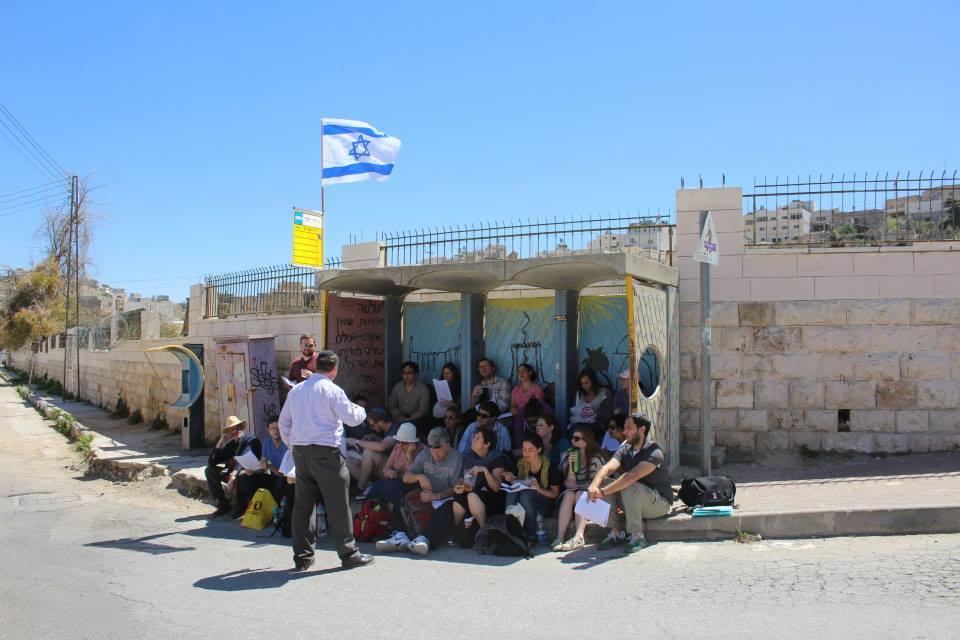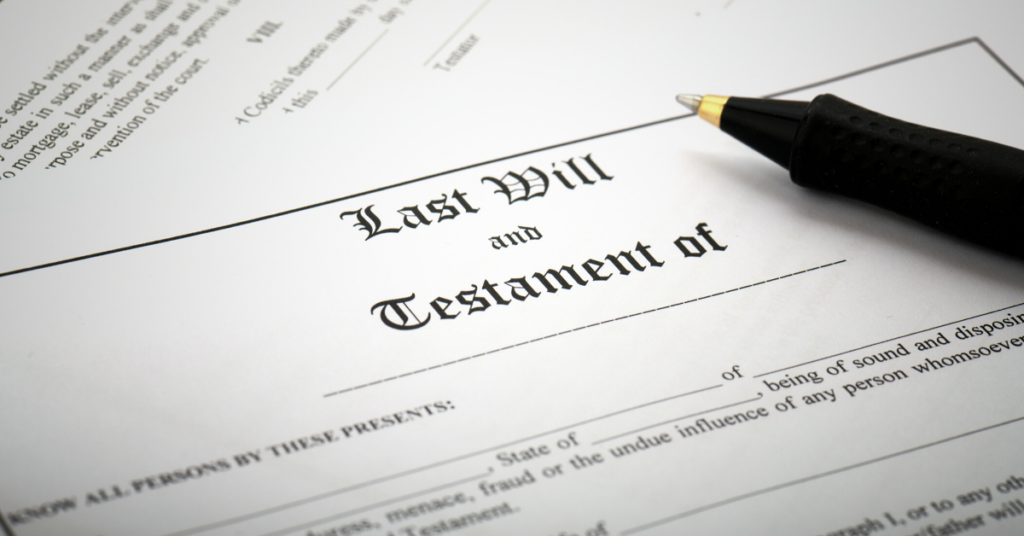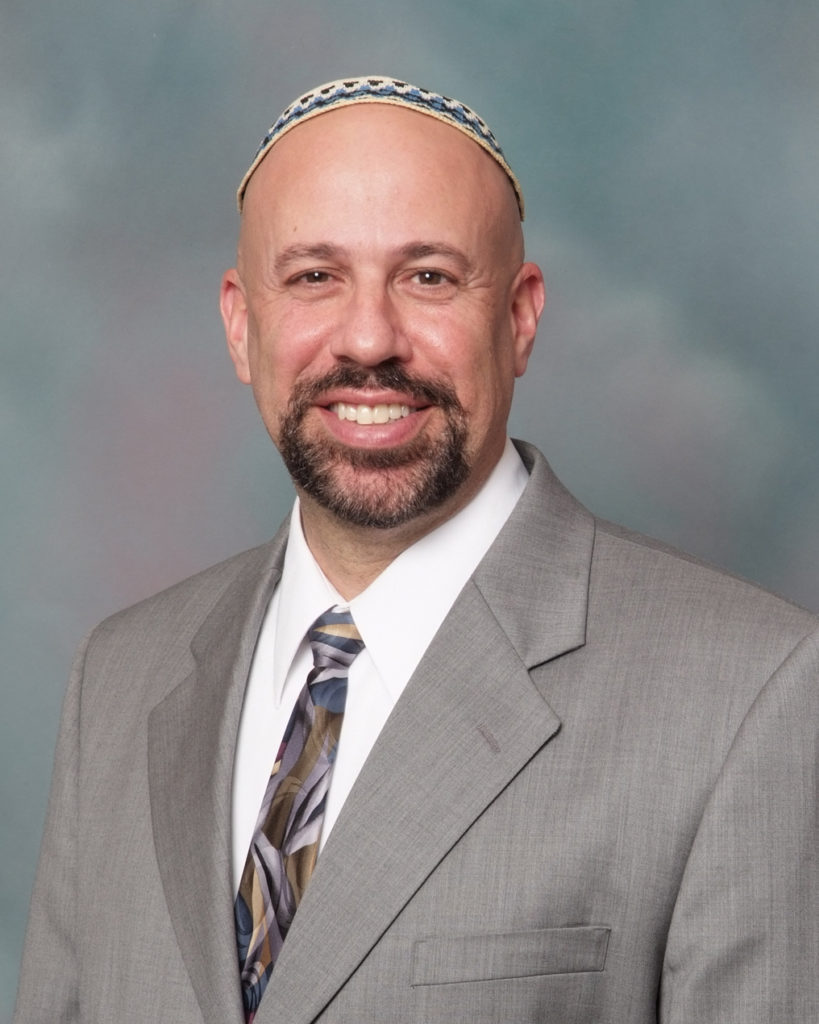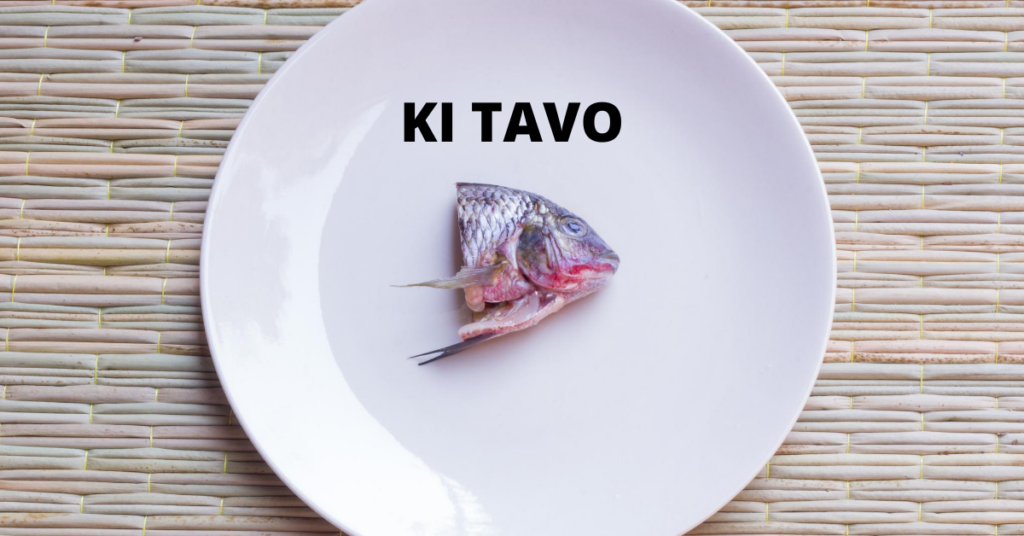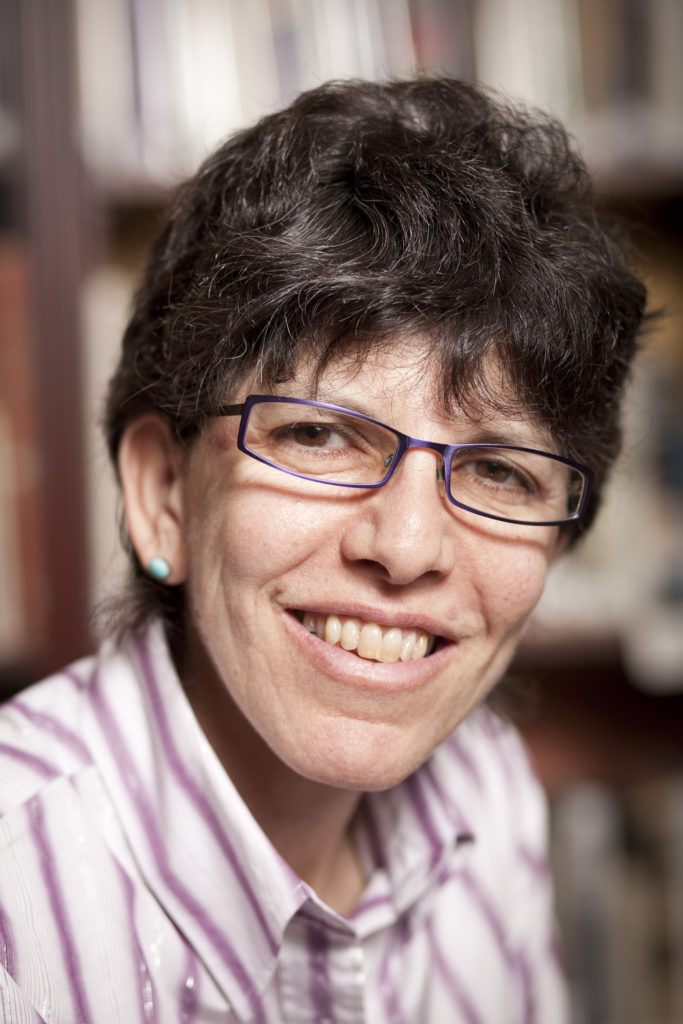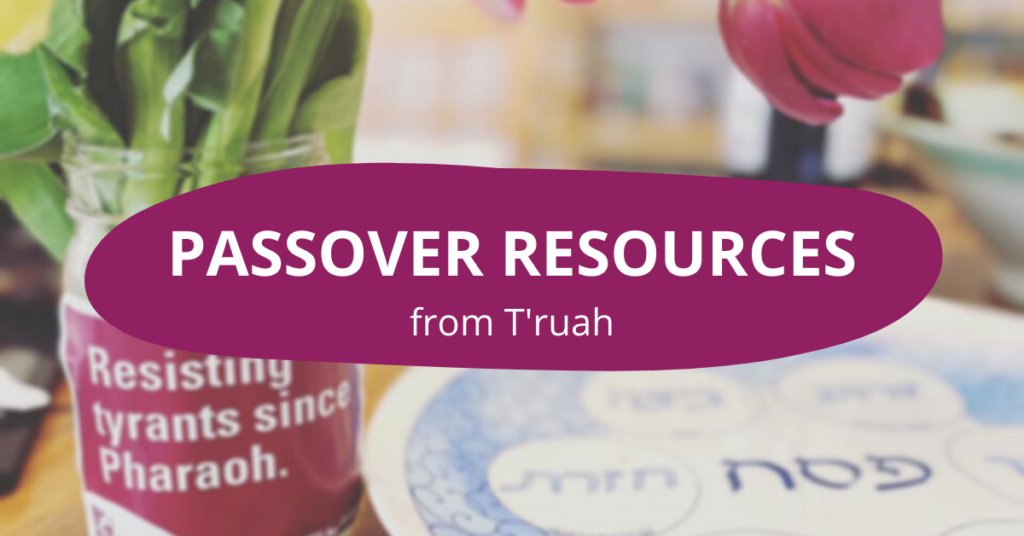
Passover Resources 2021
Download our human rights haggadah T’ruah’s updated haggadah helps transform the seder into a conversation about immigration, racism, workers’ rights, and forced labor. Filled with insightful comments and thought-provoking questions, reflections from activists in the field, and full-color artwork done by detained immigrant children and forced labor survivors, the haggadah can serve as the full...
read more

